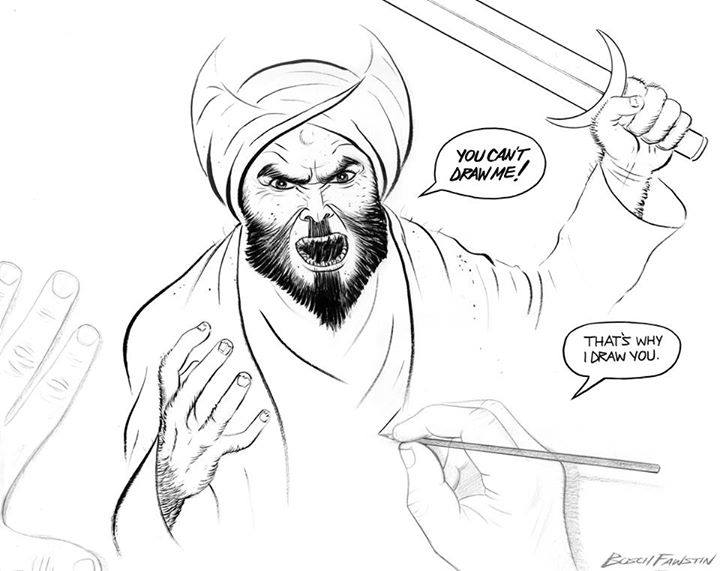People who care about the free exchange of ideas — of any ideas, not merely the ideas that conform to the popular orthodoxies — are frustrated by a seeming paradox: though we are a free people living in an era of unparalleled connectivity in which the communication monopoly represented by old-fashioned media has effectively been destroyed, a small number of high-tech gatekeepers can, and sometimes do, impose their ideological restrictions on the rest of us.
Google, Facebook, Amazon, Twitter, and the various social media companies these giants own, collectively control the vast majority of public online content. They are all left-leaning technology companies that periodically suppress content they consider objectionable; that content is, more often than not, conservative. Though they each post a statement of content guidelines or community standards, the actual censorship strategies they use are opaque, and often seem arbitrary and subject to the whims of activists. In particular, conservative voices are routinely de-platformed — blocked, filtered, suspended — for seemingly trivial reasons, though high profile users are typically quickly re-instated, usually with a perfunctory apology for the “error.”
There is an obvious danger to the concentration of so much arbitrary editorial authority in the hands of a very few technology companies, particularly when they all broadly subscribe to the same left-leaning orthodoxy. Much was made of a bit of Russian “fake news” propaganda aimed at influencing the 2016 election. Any of the social media giants can, in an instant, have a greater impact on the information available leading up to an election than the Russians could ever dream of achieving.
I want a social media alternative that is effectively immune to institutional bias. It should have the following qualities.
- It should be free, open source, and easy for anyone to use. It should be available as web service, a PC-based application, and on mobile devices.
- It should be distributed, without any central data repository that would necessarily make it vulnerable to the owner of that repository. This means that it should be either a peer-to-peer system in which the information is stored in the individual computers of all of the users, or federated, meaning that an arbitrary number of servers together store the network’s contents, and anyone can add a server and become a repository.
- As a true platform, the system should impose no limitations on the content posted. All filtering/censoring/content restriction should be chosen by the user, and should be completely transparent to the user. Users may choose to “subscribe” to content filters created by others, but should always be able to determine what those filters restrict, and always be able to suspend or disable those filters.
- It should be possible to “white list” specific content providers, or collections of providers assembled by others, so that their content is never blocked. Further, it should be possible to receive notifications when content filters to which a user subscribes attempt to block that user’s white-listed providers; in general, it should be easy to discover when those you’ve trusted to filter your content are making choices with which you might not agree.
- Every implementation should adhere to these standards of openness, and an automated mechanism should exist to verify the compliance of any web site or application that claims to be a part of this social media system.
There are several open source social media platforms available, and a growing collection of interface standards. I don’t know how close any of them are to what I want, but I’m looking into them. Perhaps conservatives can get behind an alternative and begin to create a robust, truly open network that doesn’t suppress the discussion of ideas that challenge the left’s orthodoxy.
